Artificial intelligence in healthcare: Medical and Diagnosis field
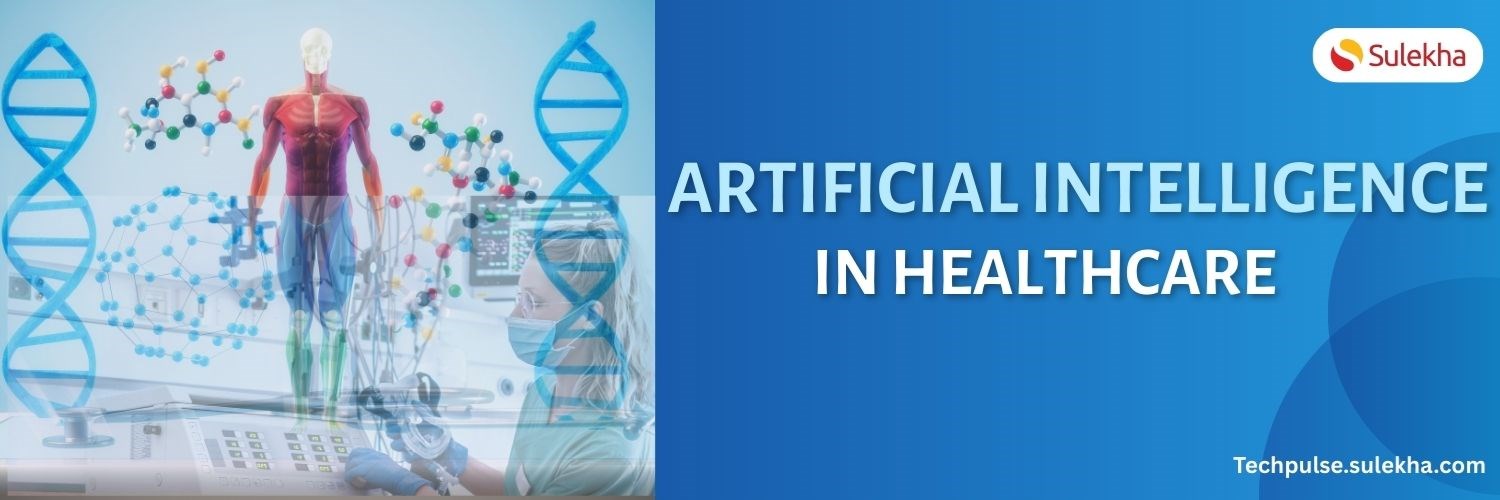
Artificial intelligence in healthcare: Medical and Diagnosis field
Artificial intelligence (AI) is an ever-evolving force in healthcare. AI is transforming the healthcare industry by providing enormous advantages in patient care, research, and clinical decision-making. Moreover, AI has brought significant advancements in medical diagnosis, drug discovery, personalized medicine, and patient monitoring. AI also helps accelerate administrative tasks, streamline workflows, and improve the overall efficiency of healthcare systems.
Now, let's explore how AI has made a profound impact on healthcare, particularly in the medical and diagnostic fields.
1. Enhanced Diagnostics
With the aid of AI algorithms, medical images such as X-rays, CT scans, and MRIs can be analyzed quickly and accurately. This supports the identification and diagnosis of diseases more precisely and swiftly.
AI helps detect diseases early, enabling timely and effective treatment. It can identify subtle signs that human eyes might miss.
Examples include:
Detecting pneumonia in chest X-rays
• Identifying polyps in colonoscopy images
• Analyzing EKG and CT scan results
• Early detection of cancers, fractures, and other conditions
AI-powered diagnostic tools have been shown to reduce diagnostic errors and assist radiologists by prioritizing urgent cases, improving patient outcomes.
2. Drug Discovery and Development
AI accelerates drug discovery and development through several key applications:
• Predicting drug interactions and side effects
• Identifying potential new drug candidates faster
• Personalising treatment plans for better patient outcomes
• Reducing research time and costs, making drug development more efficient
This results in faster access to innovative medicines, potentially saving millions of lives worldwide.
3. Personalized Medicine
AI can analyze vast amounts of patient data, including medical history, genomics, clinical information, and lifestyle factors—to tailor treatments to individual needs.
This leads to more effective, patient-specific therapies rather than one-size-fits-all approaches.
4. Patient Monitoring and Management
AI technologies enable remote patient monitoring by tracking vital signs and detecting early risks, particularly useful for chronic disease management.
• AI supports patients in managing long-term illnesses more effectively.
• It reminds and motivates patients to adhere to their treatment plans.
Real-world examples include:
• Predicting sepsis onset in ICU patients for early intervention
• Assisting individuals with mobility issues to regain movement and independence
5. Streamlining Administrative Tasks
AI helps maintain and automate administrative functions such as:
• Scheduling appointments
• Managing patient health records
• Handling insurance processes
This reduces administrative burdens on healthcare professionals, allowing them to focus more on patient care.
6. Other Key Applications
• Robot-assisted surgery: Improves precision and reduces complications during surgical procedures.
• Virtual health assistants: Support individuals in managing their health and wellness daily.
• Medical education and training: Provides interactive, iterative learning opportunities for healthcare professionals.
• Clinical trial optimization: Accelerates clinical trials by identifying ideal candidates, predicting outcomes, and reducing recruitment times.
7. Challenges and Considerations
While AI offers great promise, several challenges remain:
•Ethical concerns: Patient privacy, data ownership, informed consent, and accountability for AI-driven errors.
• Bias and fairness: AI systems trained on biased data can worsen healthcare disparities.
• Implementation hurdles: Integrating AI with existing systems is complex due to data quality, interoperability, and resistance from healthcare staff.
• Cost and accessibility: High development and infrastructure costs can limit AI adoption, particularly in underserved areas.
Benefits of AI in Medical Diagnosis
• Enhanced Accuracy: AI improves diagnostic precision by analyzing large datasets and spotting patterns human practitioners may miss.
• Early Detection: Enables timely interventions and better patient outcomes.
• Personalized Treatment: Tailors therapies based on individual patient data.
• Resource Optimization: Streamlines workflows and improves resource allocation in healthcare settings.
• Cost Savings: Reduces unnecessary testing and lowers healthcare delivery costs.
Examples of AI in Medical Diagnosis
• Radiology: AI assists radiologists by detecting tumors, fractures, and other abnormalities with high precision.
• Cardiology: Analyzes ECGs and cardiac MRIs to identify heart conditions, facilitating timely treatment.
• Dermatology: Detects skin cancers and other dermatological issues through image analysis.
• Pathology: Automates slide analysis to identify cancer cells faster.
• Infectious Disease: Tracks infection patterns such as COVID-19, improving early diagnosis and response.
As AI technology continues to evolve, we expect even broader applications in preventative care, mental health diagnostics, and real-time decision support in emergency care.
In summary, artificial intelligence is revolutionizing healthcare by enhancing diagnostics, personalizing treatments, accelerating drug discovery, and streamlining administrative tasks. While challenges like ethics and accessibility remain, the potential benefits for patient care and medical research are immense. As AI technology continues to advance, it promises to make healthcare more precise, efficient, and accessible for all.
Your Top Questions About AI in Healthcare—Answered
How is AI being used in healthcare?
AI improves diagnostics, drug discovery, and personalized treatment plans. It analyzes medical data to predict diseases early and optimize hospital operations. AI also powers virtual assistants and wearables for remote patient monitoring.
What are some examples of the use of AI in healthcare?
AI detects cancers in radiology scans and predicts sepsis in ICUs. Chatbots provide symptom checks, while robotic surgery enhances precision. AI also accelerates drug development by simulating molecular interactions.
What is the future of AI in healthcare?
The global AI in healthcare market is projected to grow from 15.4billionin2022 to 15.4 billion in 2022 to 187.95 billion by 2030 (CAGR of 37%). AI-powered diagnostics could reduce treatment costs by up to 50% and improve accuracy by 40% in some specialties like radiology. By 2025, 90% of hospitals plan to use AI for patient monitoring and predictive analytics. AI will enable real-time health tracking through smart devices and predictive analytics. It will democratize healthcare with affordable, personalized medicine. Future advancements may include AI-driven robotic nurses and fully automated diagnostics.
Will AI replace healthcare workers?
No, AI will assist - not replace-doctors by handling repetitive tasks and data analysis. Healthcare workers will focus more on patient care and complex decision-making. AI acts as a tool to enhance efficiency, not eliminate jobs.
Find a course provider to learn Healthcare IT
Java training | J2EE training | J2EE Jboss training | Apache JMeter trainingTake the next step towards your professional goals in Healthcare IT
Don't hesitate to talk with our course advisor right now
Receive a call
Contact NowMake a call
+1-732-338-7323Enroll for the next batch
Healthcare IT Online Training Classes
- Dec 8 2025
- Online
Healthcare IT Online Training Classes
- Dec 9 2025
- Online
Healthcare IT Online Training Classes
- Dec 10 2025
- Online
Healthcare IT Online Training Classes
- Dec 11 2025
- Online
Healthcare IT Online Training Classes
- Dec 12 2025
- Online
Related blogs on Healthcare IT to learn more
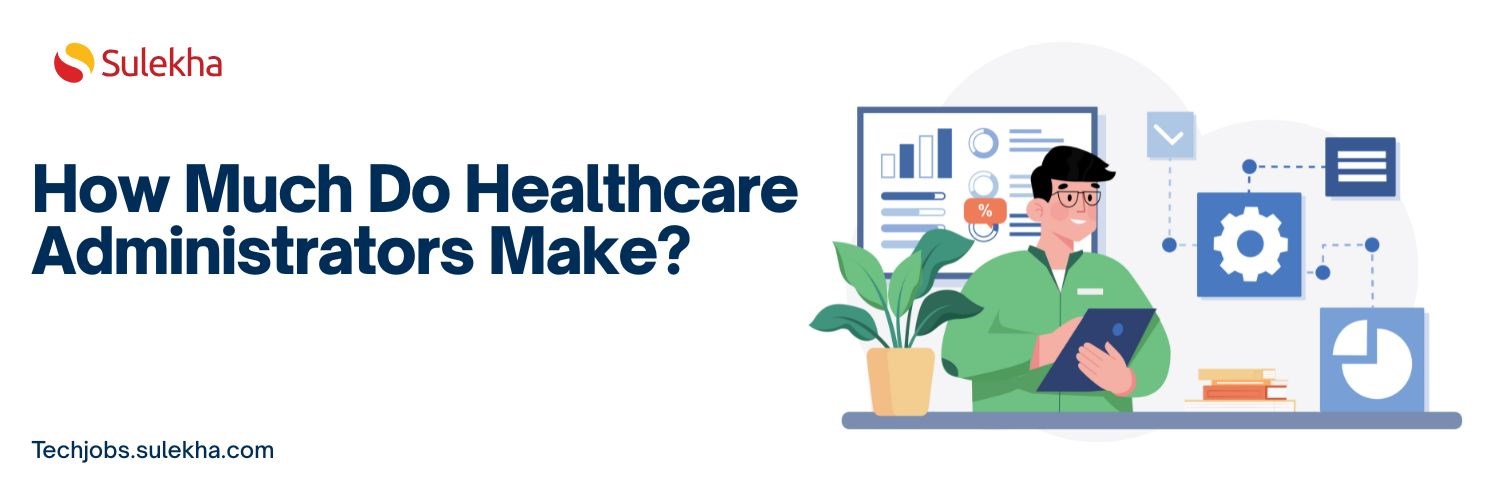
How Much Do Healthcare Administrators Make?
Discover how much healthcare administrators make, the importance of healthcare, career opportunities, and potential job roles. Learn about salary ranges, career growth, and training programs with Sulekha to kickstart your healthcare administration jo
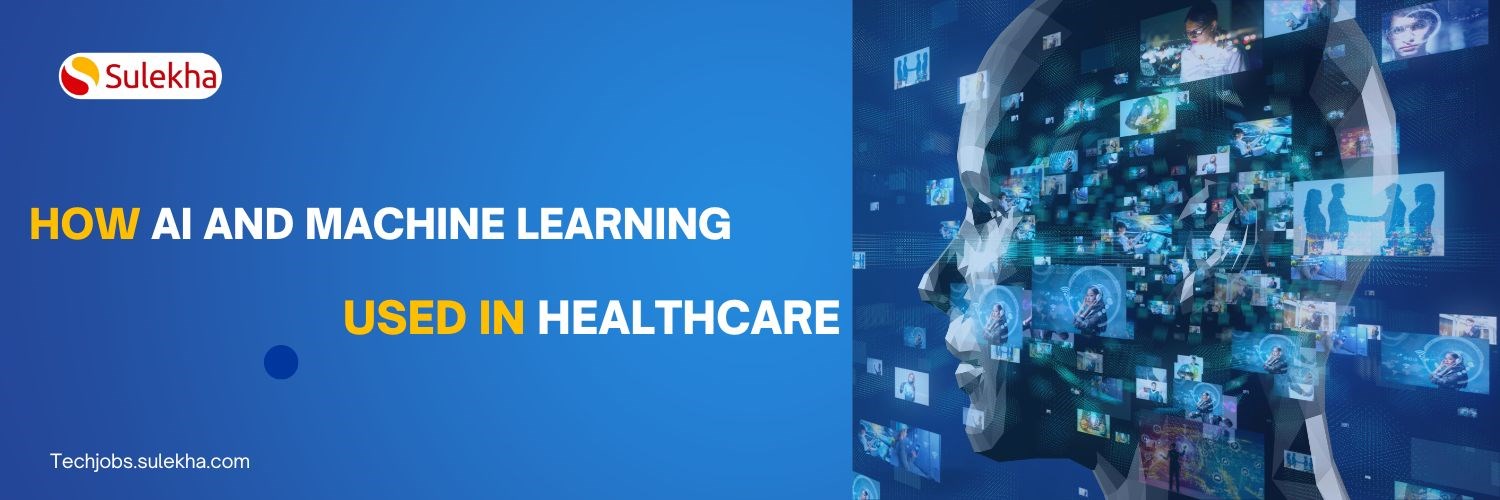
How AI and ML used in Healthcare?
Explore the transformative role of AI and ML in healthcare, revolutionizing diagnostics, treatment personalization, and operational efficiency.

How to get epic software training and certification
The Epic certification is useful for the healthcare professionals who implement and work on the electronic health care records used in the hospitals and healthcare organizations. To get trained and certified as Epic consultant, you have to work at Ep
Latest blogs on technology to explore

From Student to AI Pro: What Does Prompt Engineering Entail and How Do You Start?
Explore the growing field of prompt engineering, a vital skill for AI enthusiasts. Learn how to craft optimized prompts for tools like ChatGPT and Gemini, and discover the career opportunities and skills needed to succeed in this fast-evolving indust

How Security Classification Guides Strengthen Data Protection in Modern Cybersecurity
A Security Classification Guide (SCG) defines data protection standards, ensuring sensitive information is handled securely across all levels. By outlining confidentiality, access controls, and declassification procedures, SCGs strengthen cybersecuri

Artificial Intelligence – A Growing Field of Study for Modern Learners
Artificial Intelligence is becoming a top study choice due to high job demand and future scope. This blog explains key subjects, career opportunities, and a simple AI study roadmap to help beginners start learning and build a strong career in the AI

Java in 2026: Why This ‘Old’ Language Is Still Your Golden Ticket to a Tech Career (And Where to Learn It!
Think Java is old news? Think again! 90% of Fortune 500 companies (yes, including Google, Amazon, and Netflix) run on Java (Oracle, 2025). From Android apps to banking systems, Java is the backbone of tech—and Sulekha IT Services is your fast track t
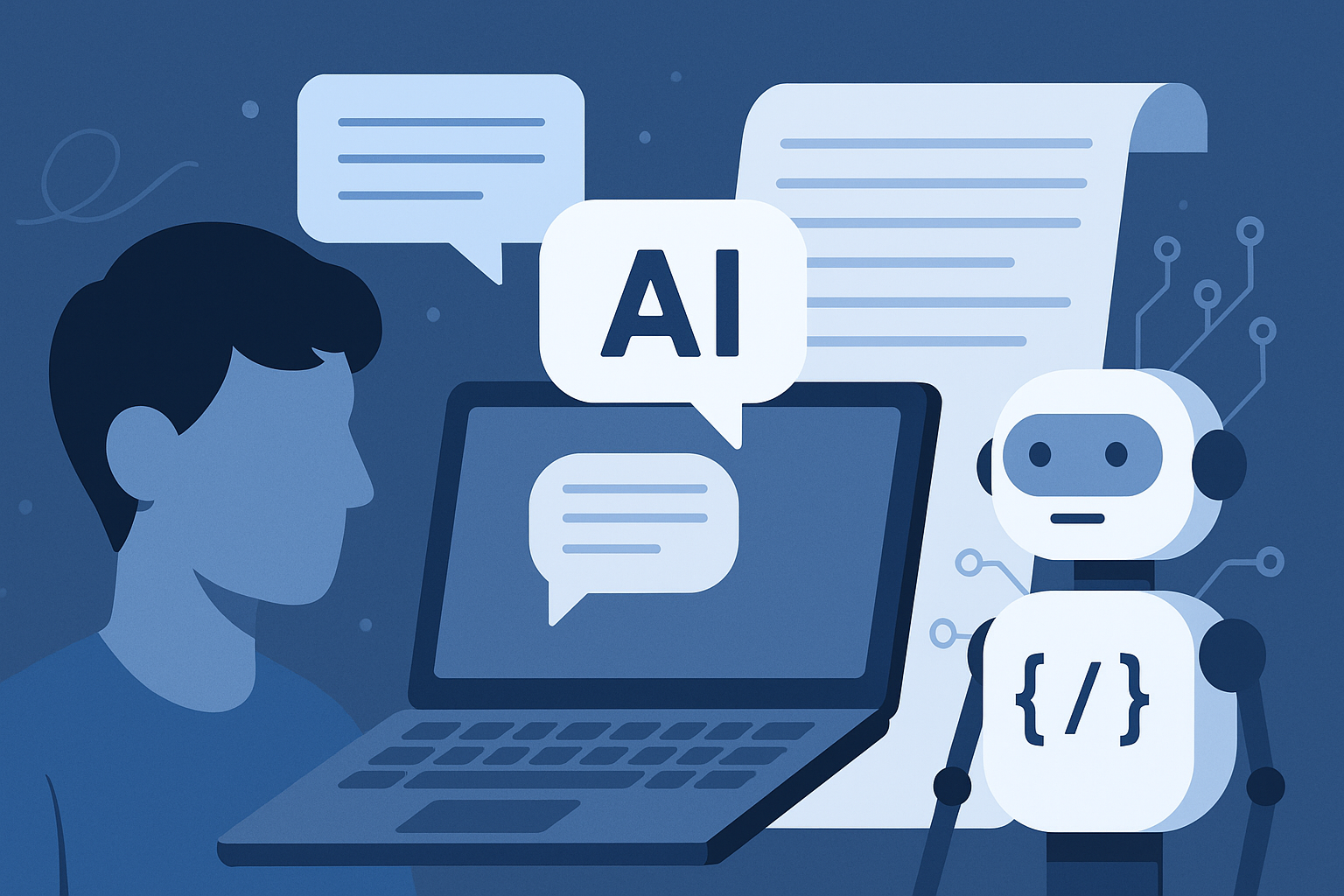
From Student to AI Pro: What Does Prompt Engineering Entail and How Do You Start?
Learn what prompt engineering is, why it matters, and how students and professionals can start mastering AI tools like ChatGPT, Gemini, and Copilot.

Cyber Security in 2025: The Golden Ticket to a Future-Proof Career
Cyber security jobs are growing 35% faster than any other tech field (U.S. Bureau of Labor Statistics, 2024)—and the average salary is $100,000+ per year! In a world where data breaches cost businesses $4.45 million on average (IBM, 2024), cyber secu

SAP SD in 2025: Your Ticket to a High-Flying IT Career
In the fast-paced world of IT and enterprise software, SAP SD (Sales and Distribution) is the secret sauce that keeps businesses running smoothly. Whether it’s managing customer orders, pricing, shipping, or billing, SAP SD is the backbone of sales o

SAP FICO in 2025: Salary, Jobs & How to Get Certified
AP FICO professionals earn $90,000–$130,000/year in the USA and Canada—and demand is skyrocketing! If you’re eyeing a future-proof IT career, SAP FICO (Financial Accounting & Controlling) is your golden ticket. But where do you start? Sulekha IT Serv
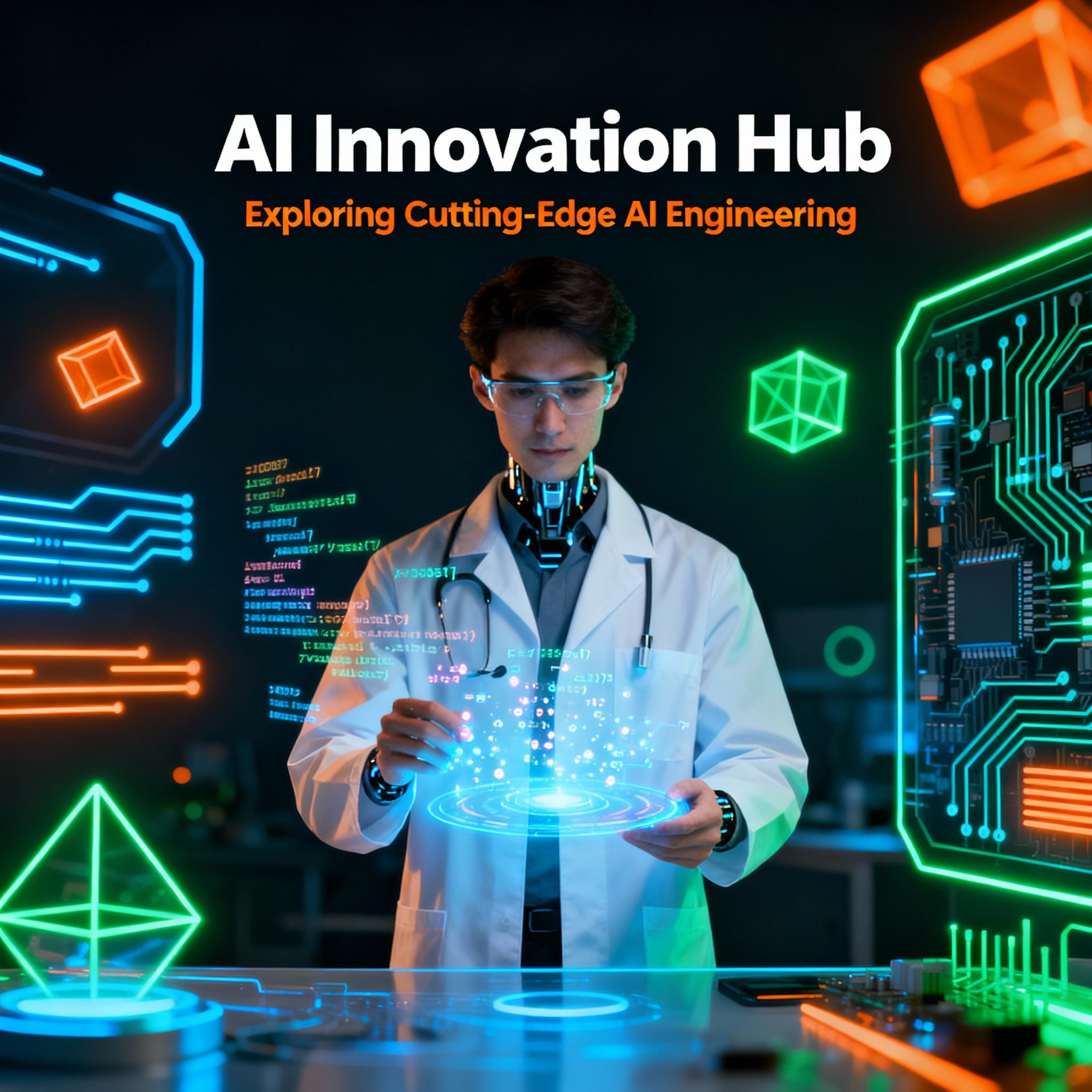
Train Like an AI Engineer: The Smartest Career Move You’ll Make This Year!
Why AI Engineering Is the Hottest Skillset Right Now From self-driving cars to chatbots that sound eerily human, Artificial Intelligence is no longer science fiction — it’s the backbone of modern tech. And guess what? Companies across the USA and Can
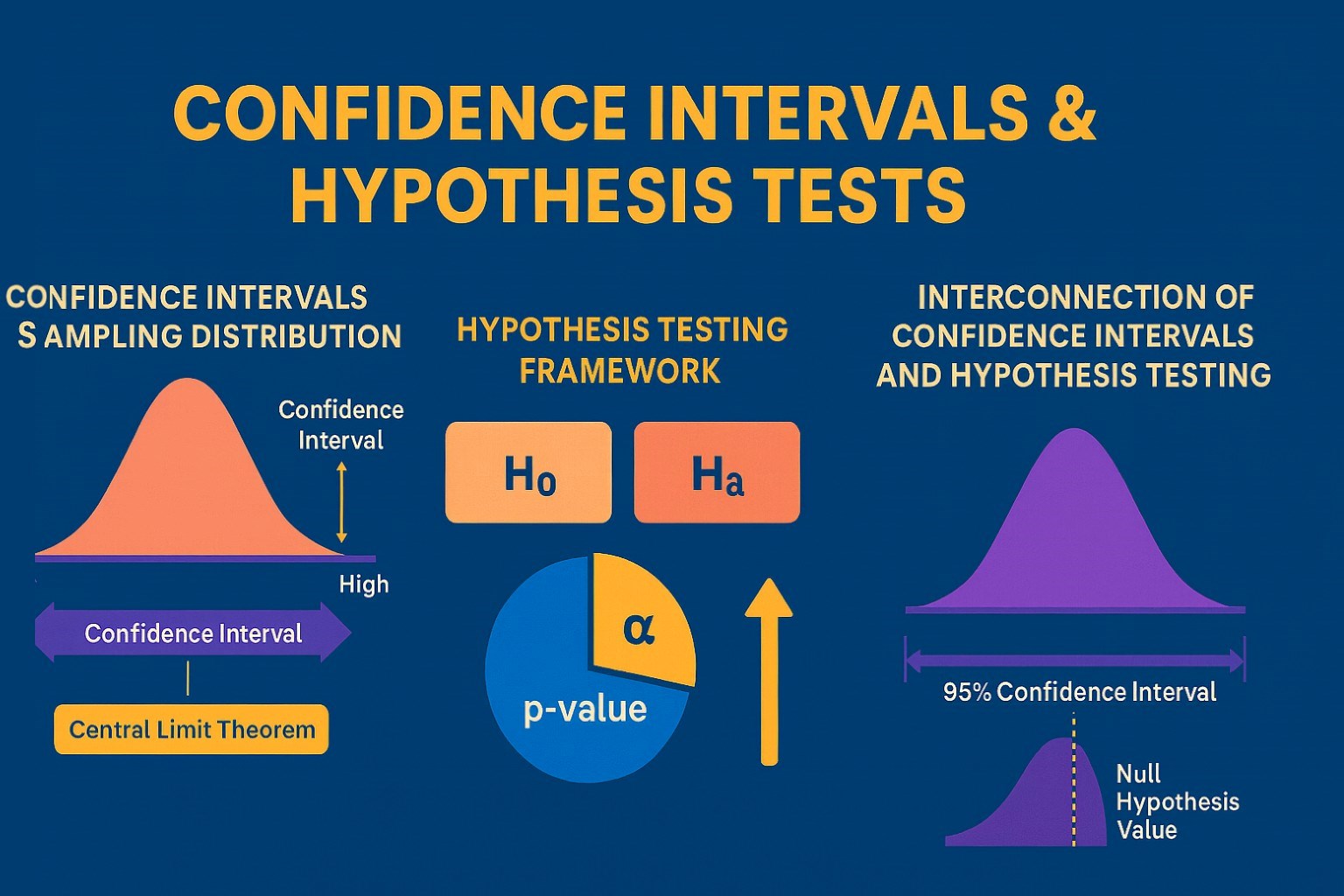
Confidence Intervals & Hypothesis Tests: The Data Science Path to Generalization
Learn how confidence intervals and hypothesis tests turn sample data into reliable population insights in data science. Understand CLT, p-values, and significance to generalize results, quantify uncertainty, and make evidence-based decisions.